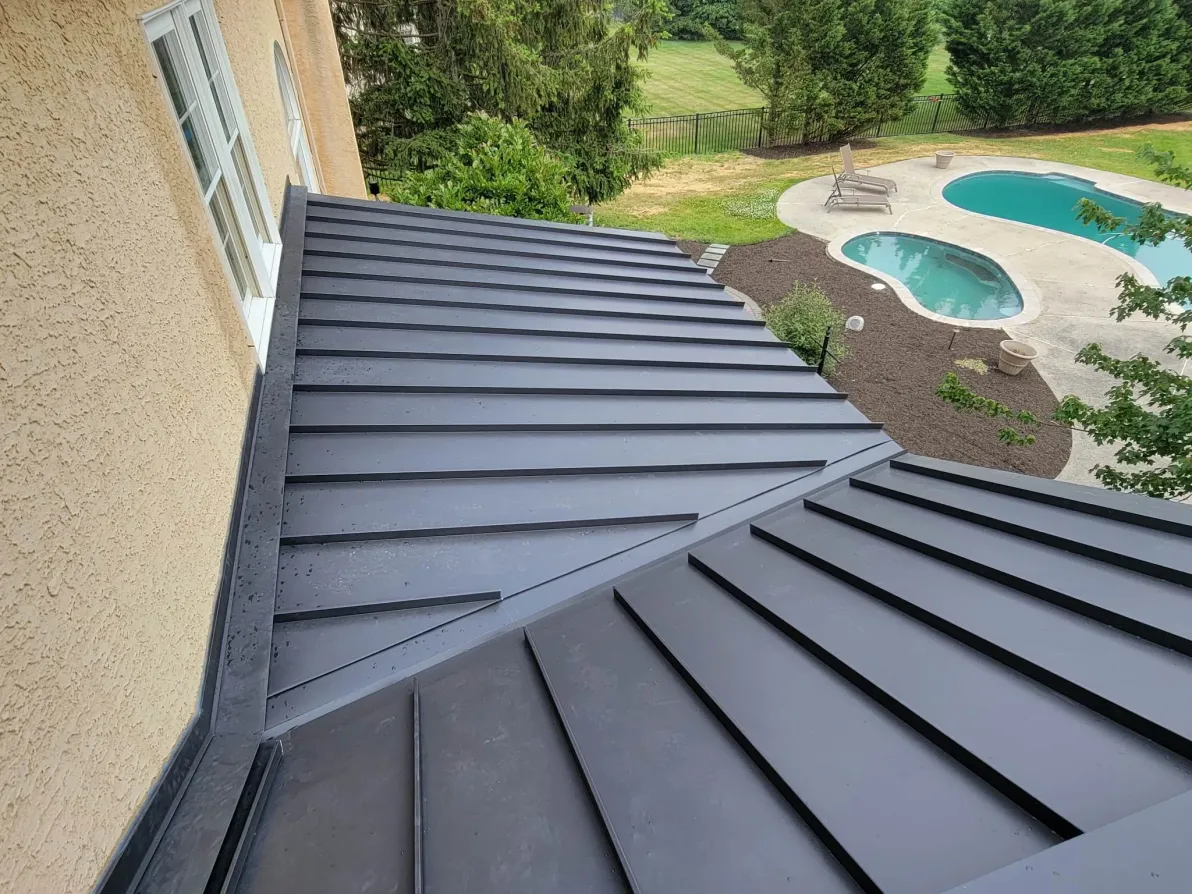What To Do If Your Roof Leaks In Heavy Rain

What To Do If Your Roof Leaks In Heavy Rain
Heavy rain can be a beautiful and soothing natural occurrence, but when it finds its way into your home through a leaky roof, it can quickly become a stressful and potentially damaging situation. Roof leaks during heavy rain are not uncommon, and knowing how to handle them promptly can make a significant difference in minimizing the damage. In this article, we’ll explore what to do if your roof leaks during heavy rain.
1. Stay Calm:
First and foremost, try to remain calm. While a leaking roof can be alarming, panicking won’t help. Keeping a level head will allow you to address the situation more effectively.
2. Identify the Source:
Locate the source of the leak. Water may not always appear directly beneath the point of entry, as it can travel along beams and insulation before dripping down. Look for stains on the ceiling, wet spots on the walls, or dripping water. Follow the water trail to find the most likely point of entry.
3. Safeguard Your Belongings:
If there are valuable items or electronics near the leak, move them to a dry area to prevent damage. Place buckets or containers under the leak to collect dripping water and minimize the spread of moisture.
4. Control the Water Flow:
Use towels, rags, or sponges to soak up excess water on the floor. This will prevent slipping hazards and further damage to your property.
5. Temporary Patching:
If it’s safe to do so, and you can access the leak area easily, consider placing a temporary patch. This can be done using roofing tar, roofing cement, or a piece of tarp to cover the affected area. This is a temporary solution and should be followed up with professional repair.
6. Document the Damage:
Take photographs or videos of the leak and any resulting damage. These visuals can be helpful when you file an insurance claim or work with a roofing contractor.
7. Contact a Professional Roofer:
Once the rain has stopped and it’s safe to do so, reach out to a professional roofing contractor immediately. Roof leaks often indicate underlying roofing issues that need expert assessment and repair. Avoid delaying the repair process to prevent further damage and costly repairs.
8. Insurance Claim:
If the damage is extensive, contact your homeowner’s insurance company to inquire about coverage for roof leaks and water damage. Provide them with the documentation you gathered earlier.
9. Preventative Measures:
After your roof has been repaired, consider taking preventative measures to avoid future leaks. Regular roof inspections, maintenance, and addressing issues promptly can prolong the life of your roof and reduce the risk of leaks.
Remember that addressing roof leaks promptly is crucial to prevent structural damage, mold growth, and further deterioration of your roofing system. Trust experienced professionals to assess and repair your roof to ensure long-lasting protection for your home.
Don’t wait – if you have a leaking roof, call Alte Exteriors today!